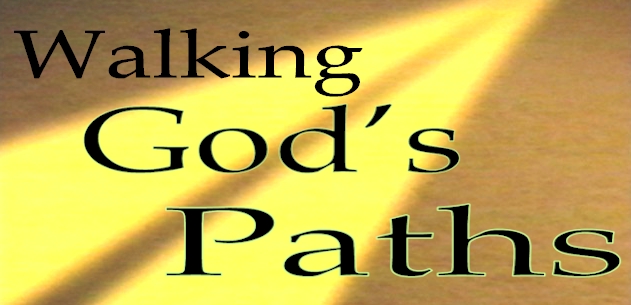|
|
 |
|
|
Suggestions for Protestant-Jewish Dialogue | ||
Although co-sponsored by an office of the United States Conference of Catholic Bishops, Walking God's Paths is easily adapted for use in more general Christian-Jewish dialogues, or in specifically Protestant-Jewish dialogues. This page offers recommendations for such adaptations by episode. Our thanks to Franklin Sherman for his helpful suggestions.
1. A New Future: Building Shalom between Catholics and Jews
This episode is the one most particularly concerned with Roman Catholic developments and teachings, highlighting the revolutionary nature of the Second Vatican Council's Nostra Aetate. However, the focusing and discussion questions are not specifically Catholic in orientation and can be used by participants from any Christian tradition.
When used in a Protestant-Jewish dialogue, organizers might want to supplement the information sheet's materials with documents from the participating Christian communities. These could be discussed and compared if multiple traditions are present. Many are available in the documents library of the Center for Christian-Jewish Learning or at www.jcrelations.net.
2. Shared Origins, Diverse Roads
This session's exploration of the Late Second Temple period that gave birth to Christianity and Rabbinic Judaism is useful for all Christian communities.
3. Common Texts, Different Scriptures
This session examines how the Bible both unites and divides Jews and Christians. It also is not specifically intended for a particular Christian community.
However, one of the discussion questions uses the Roman Catholic lectionary. For other Christians who use lectionaries in their worship, simply substitute your own tradition's organization of the scriptural readings. For churches who do not employ a lectionary, a discussion of how biblical readings are selected for weekly worship might be beneficial in the dialogue context.
The information sheet also refers to a Catholic document on the interpretation of the Bible. This could either serve as the basis for comparison with the Protestant traditions participating in the dialogue or could be replaced by a cognate statement.
4. Season of Freedom, Season of Rebirth
This session reviews how both Christians and Jews celebrate the saving power of God in the springtime. Its presentation of the celebration of the Easter "triduum" will be especially apt in "high" liturgical churches that bear many similarities to Catholic practices, though the word "triduum" may need some explanation. Other Christian communities should provide outlines or descriptions of their own Easter season observances for comparison with Jewish Passover customs.
5. Metaphors for a Unique Relationship
This session presents different ways of picturing the relationship between Judaism and Christianity and should be useful in all Christian communities.
6. Mending Relationships, Mending the World
This session considers the stereotypes and misconceptions that still hamper Jewish and Christian rapprochement. It is useful for all Christian communities